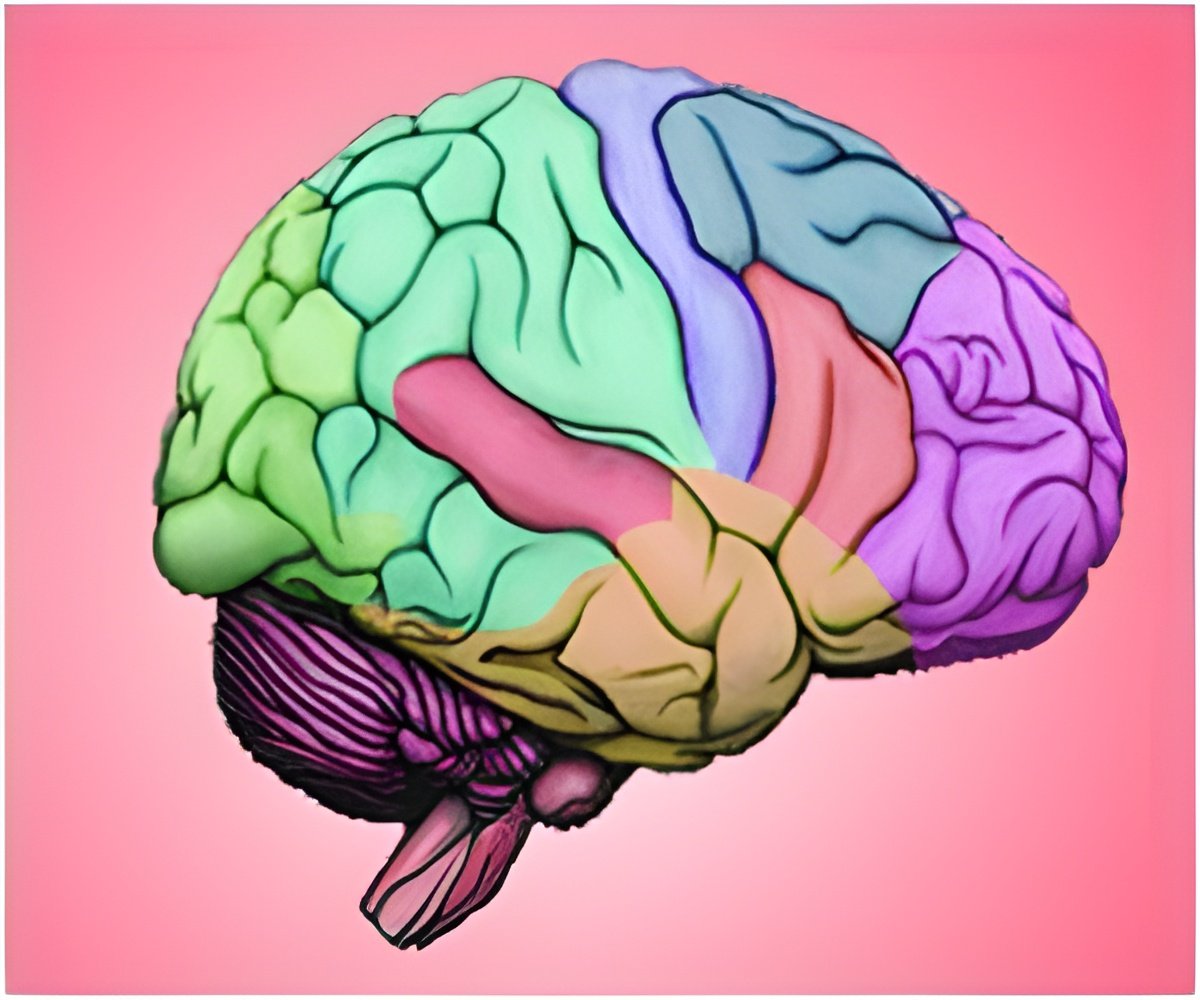A new study suggests that mild traumatic brain injury (TBI) may be more serious than initially thought.

"With the increasing numbers of people with mild TBI in the community, it's crucial for nurses to make this a part of assessment for early recognition and intervention," comments Maureen Shawn Kennedy, MA, RN, Editor-in-Chief of American Journal of Nursing. "Nurses may often be the first health professionals who, hearing the complaints of the patient or family member, might recognize that they're having difficulty adjusting to the family impact of head injury."
Mild TBI Affects Families, Not Just Patients The article by Kyong S. Hyatt, PhD, RN, FNP, of Walter Reed National Military Medical Center discusses the ways mild TBI can affect patients and families. Important causes of mild TBI include sports injuries, motor vehicle accidents, and falls. In addition, many veterans are dealing with TBI sustained while serving in Iraq or Afghanistan. Yet so far, patient and family adjustment after mild TBI has received "scant" attention in the medical literature.
Patients with mild TBI may have a range of cognitive, physical, and psychological symptoms. In most patients, these symptoms resolve promptly—but "a subset experience persistent symptoms that create unique treatment challenges," Hyatt writes. The injured patient may express stress in the form of anger, depression, and anxiety—sometimes perceived by family members as a "personality change." Without prompt recognition and intervention, mild TBI can have a major impact in terms of reintegration into to the family, changes in family functioning, and disrupted family relationships.
Family members may not understand that the person may have difficulty doing everyday tasks—for example, balancing a checkbook or helping children with homework. The impact may be especially great for families that weren't functioning well before the injury.
Nurses have a critical role to play in recognizing and responding to the impact of mild TBI on family functioning. Hyatt writes, "Finding ways to help the patient and family manage emotional distress and accept enduring changes may be the key to postinjury reintegration."
Advertisement
Source-Eurekalert














